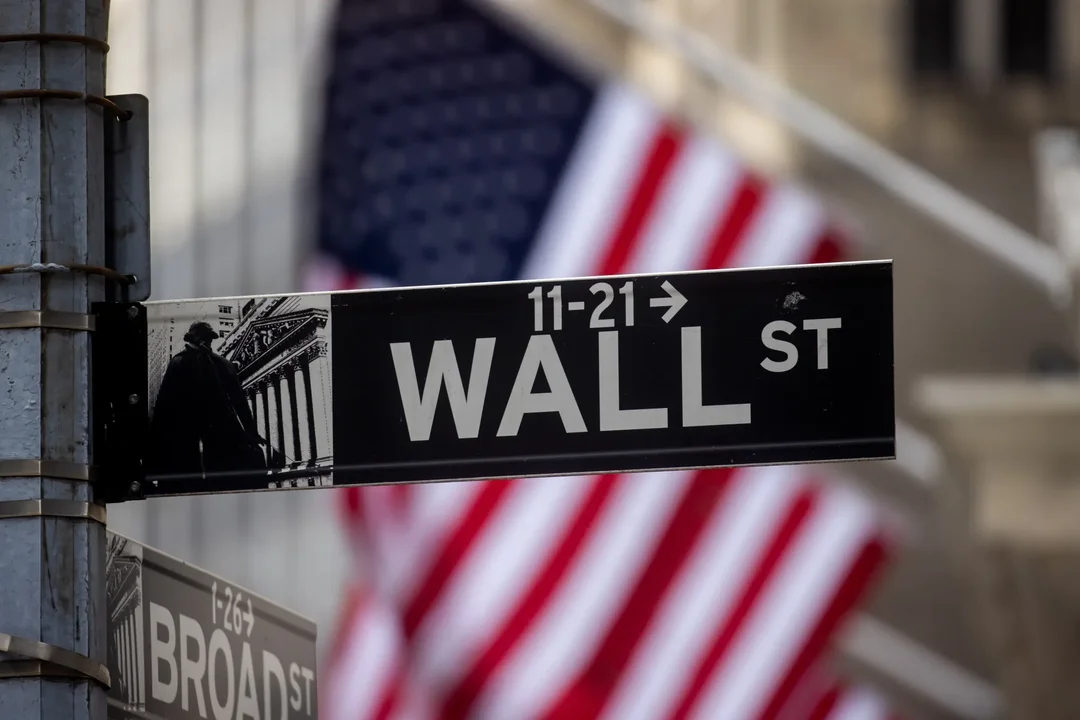Amid escalating tensions between the United States and China, a pivotal question arises: Can China's significant holdings of U.S. debt serve as a weapon in the ongoing tariff war? As the U.S. imposes unprecedented tariffs on Chinese goods and China retaliates, the implications for both economies and global finance are profound and troubling.
The trade confrontation took a turn when President Trump enacted tariffs as high as 145 percent on specific Chinese imports, while China has responded with 125 percent levies on U.S. products. In recent statements, China's Ministry of Commerce declared its commitment to “fight to the end,” accusing the U.S. of breaching World Trade Organization rules. Meanwhile, Trump has touted the tariffs as a means to generate approximately $2 billion in daily revenue. Yet Treasury Department data indicates the actual intake may only reach around $200 million daily.
China's position as the second-largest holder of U.S. debt—totaling approximately $760 billion—presents a theoretical bluff in this trade war. Analysts speculate that if China were to sell off these Treasury securities, it could lead to a significant devaluation of the U.S. dollar, shaking global economic structures. Alex Jacquez, chief of policy and advocacy at the Groundwork Collaborative, warns that such drastic measures could unleash unforeseen domestic and global consequences.
However, the counterarguments are equally compelling. Selling off U.S. debt would arguably harm China just as much as the U.S., leading to a depreciation of its dollar assets and an appreciation of the yuan. This scenario creates a paradox: with an understanding that the U.S. dollar is the standard in global trade, China’s aggressive sell-off might inadvertently burden its own economy by making exports more expensive.
In light of this volatility, how might the U.S. Federal Reserve respond? Experts suggest that aggressive monetary policy, such as quantitative easing (QE), could counteract damaging effects if a sell-off were to occur. Historically, QE has been used to lower interest rates and stimulate economic activity during crises. Yet, ongoing uncertainties in U.S. economic policy complicate the Fed's decision-making process, as evidenced by the lack of imminent interest rate cuts indicated by Morgan Stanley.
This week, consumer confidence took a hit, as revealed by the University of Michigan’s Consumer Sentiment Index dropping 11 percent. Experts believe that media portrayals of the trade war and potential future economic impacts are triggering consumer anxiety, potentially stifling spending and economic growth.
The evolving dynamics in the Treasury market suggest participants are wary, with yields on 10-year Treasuries reaching their highest since February. The rapid sell-off by various investors raises questions about confidence in U.S. economic policies. Bond vigilantes—investors reacting against perceived inflationary policies—are reportedly weighing in on these shifts as well.
As the prospects of a trade war deepen, the U.S.’s and China’s intertwined fates cast a long shadow over global economics. Will China leverage its Treasury holdings as a strategy in this high-stakes confrontation? Or will its actions backfire, compounding its own economic woes? The market is watching with bated breath, and the implications for consumers are far-reaching. Readers are invited to weigh in: What do you believe the outcome of this complicated economic chess match will be?
Related issues news
Why is China selling US treasury bonds?
Some experts speculate that China, a vast holder of U.S. government bonds, is dumping them in retaliation. But that seems unlikely since that would hurt the country, too. Selling Treasurys, or essentially exchanging U.S. dollars for Chinese yuan, would make China's currency strengthen and its exports more expensive.
Does China hold US treasury bonds?
The next largest in China, which holds $760 billion of Treasuries, having already reduced its holdings by more than a quarter of a trillion dollars since 2021.
What is the US debt to China?
China is the second largest holder of US debt u2013 otherwise known as treasuries u2013 at $760bn.
Who buys government bonds?
Broker-dealers are the main buyers and sellers in the secondary market for bonds, and retail investors typically purchase bonds through them, either directly as a client or indirectly through mutual funds and exchange-traded funds.
